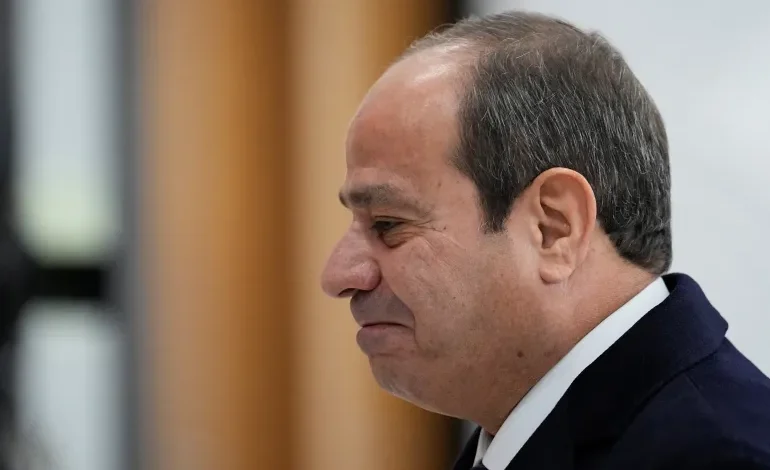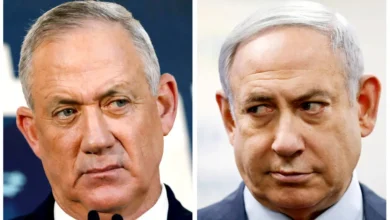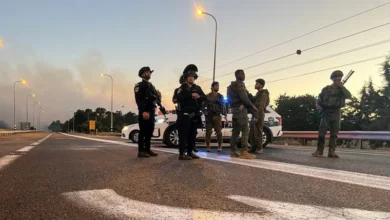Trump’s Gaza takeover ‘plan’ puts Egypt in a tough spot

The meeting on Tuesday between Jordan’s King Abdullah II and US President Donald Trump ended in tense anticipation of what will come next for the Gaza Strip.
At stake was Trump’s suggestion that the United States “take over” the enclave and expel Palestinians to Egypt and Jordan.
King Abdullah mentioned during an impromptu news conference that an alternative plan to rebuild Gaza without ethnically cleansing it would be crafted by Arab countries, including Egypt, which was already planning an emergency Arab summit on Gaza on February 27.
Hours later, Egypt issued a statement confirming it would present “a comprehensive vision for rebuilding Gaza while ensuring Palestinians remain on their land” and reiterated its commitment to working with the US to reach “a just settlement to the Palestinian issue”.
What is at stake for Egypt?
“It’s hard to know how seriously to take Trump’s proposed US takeover of Gaza,” Jacob Eriksson, lecturer of post-war recovery studies at the University of York, told Al Jazeera.
Since 1946, the United States has given Egypt more than $85bn in bilateral foreign aid, including military and economic assistance, according to the American Chamber of Commerce in Egypt.
And Egypt was the fifth-largest recipient of US foreign aid in 2023, receiving $1.45bn, 85 percent of which was for the military sector.
Egyptian journalist Hossam El-Hamalawy said that the aid Cairo receives “is a statement that Egypt is a close ally and is a partner for Washington” and signifies strong political backing from Washington.
But money isn’t everything.
Although foreign support is vital for the survival of the current Egyptian administration, so is internal political peace, which could be destabilised if the expulsion of Palestinians is allowed.
“Generation after generation of Egyptian youth have had Palestine as their gateway into politics,” El-Hamalawy said.
“In addition … [Egyptian President Abdel Fattah el-Sisi] is very worried about the replication of the Beirut scenario where Palestinian resistance operations in one way or another gave Israel a justification to go into Lebanon and occupy chunks of it for a very long time,” El-Hamalawy added, referring to Israeli attacks on Lebanon and occupation of its territory for different periods, including today.










